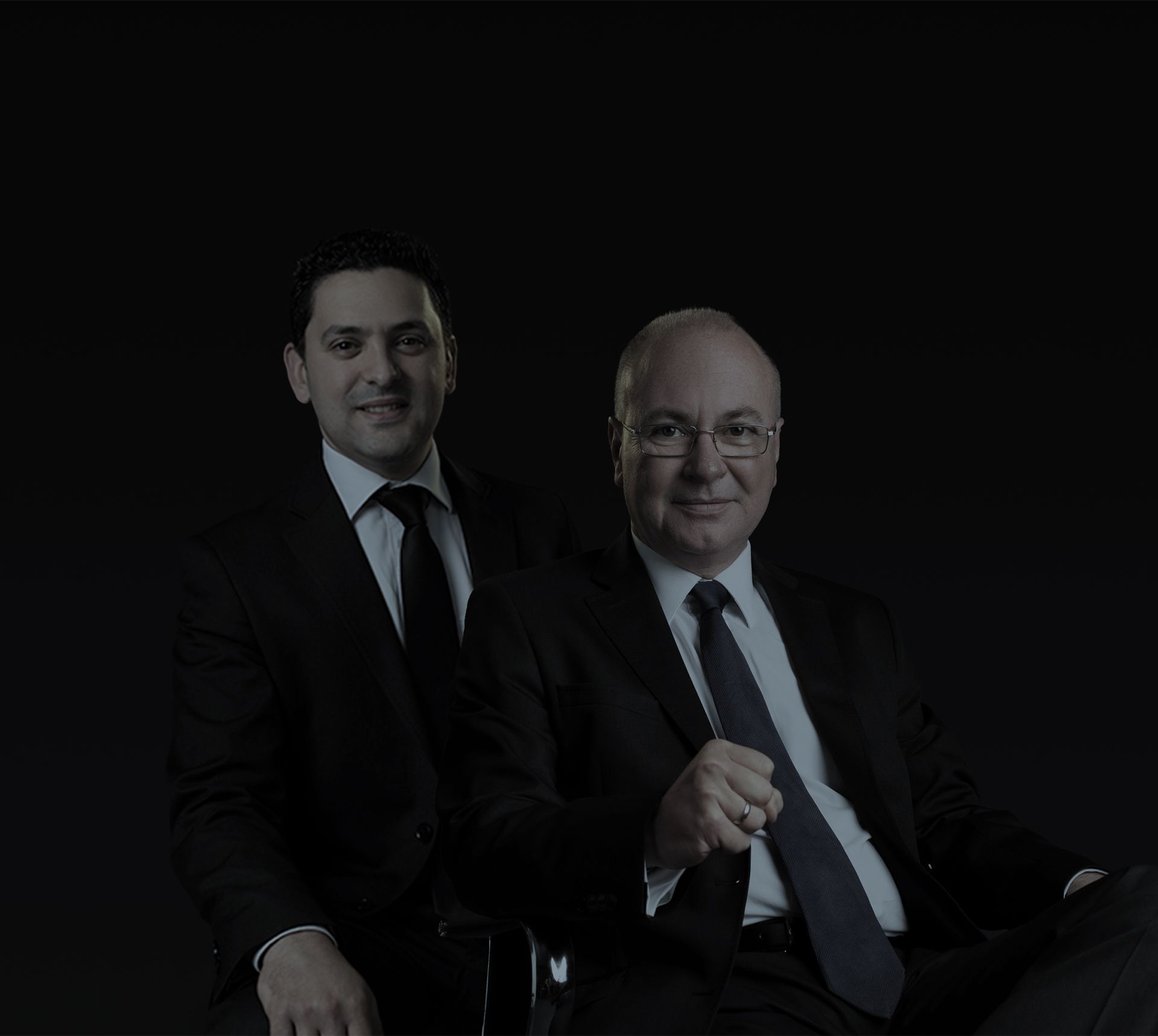
Assheton-Smith Ginsberg Inc. is pleased to announce that two lawyers have been included in the 2023 edition of The Best Lawyers in South Africa™. Since it was first published in 1983, Best Lawyers has become universally regarded as the definitive guide to legal excellence.
Best Lawyers has published their list for more than four decades, earning the respect of the profession, the media, and the public as the most reliable, unbiased source of legal referrals. Its first international list was published in 2006 and since then has grown to provide lists in more than 75 countries.
"Best Lawyers was founded in 1981 with the purpose of highlighting the extraordinary accomplishments of those in the legal profession. More than four decades later, we proudly continue to serve as the most reliable, unbiased source of legal recognitions worldwide," says CEO Phillip Greer.
Lawyers on The Best Lawyers in South Africa list are divided by geographic region and practice areas. They are reviewed by their peers based on professional expertise and undergo an authentication process to make sure they are in current practice and in good standing.
Assheton-Smith Ginsberg Inc. would like to congratulate the following lawyers named in the 2023 Best Lawyers in South Africa list:
- Craig Assheton-Smith - Litigation
- Andrew Ginsberg - Arbitration and Mediation and Litigation
It is not the first time these well-respected lawyers received recognition from Best Lawyers. Craig Assheton-Smith has been included on the list since 2011 and Andrew Ginsberg since 2019. The firm has established a solid reputation over the past 10 years, delivering excellent litigation and commercial services in highly complex voluminous matters for corporate clients and small and medium businesses.
About Assheton-Smith Ginsberg Inc.
ASG is a boutique commercial and litigation firm. Our attorneys are dedicated to successfully resolving our clients' commercial objectives and disputes. We serve our clients diligently with integrity and vision; clearly focused on finding solutions to resolve their legal disputes and on helping them achieve success in their commercial and property transactions.
We leave nothing to chance when building successful strategies for our clients. Exercised with precision and combined with our formidable relationships with Counsel, Correspondents and the Court Community, the hands-on litigation tactics of our attorneys ensure impeccable service delivery to clients across a vast range of economic sectors and legal disputes. Assheton-Smith Ginsberg incorporated proudly offers the full array of corporate and commercial, dispute resolution, insolvency and business rescue, maritime, property and notarial legal services. We listen. By listening we understand our clients’ businesses and strategies. If required, we research the commercial exigencies that our clients face. We align this accumulated intelligence with the law. Only then do we undertake to offer legal advice and strategic direction in achieving their commercial objectives.
About Best Lawyers
Best Lawyers is the oldest and most respected lawyer ranking service in the world. For more than 40 years, Best Lawyers has assisted those in need of legal services to identify the lawyers best qualified to represent them in distant jurisdictions or unfamiliar specialties. Best Lawyers awards are published in leading local, regional, and national publications across the globe.
"Best Lawyers was founded in 1981 with the purpose of highlighting the extraordinary accomplishments of those in the legal profession. More than four decades later, we proudly continue to serve as the most reliable, unbiased source of legal recognitions worldwide,"
says CEO Phillip Greer.



